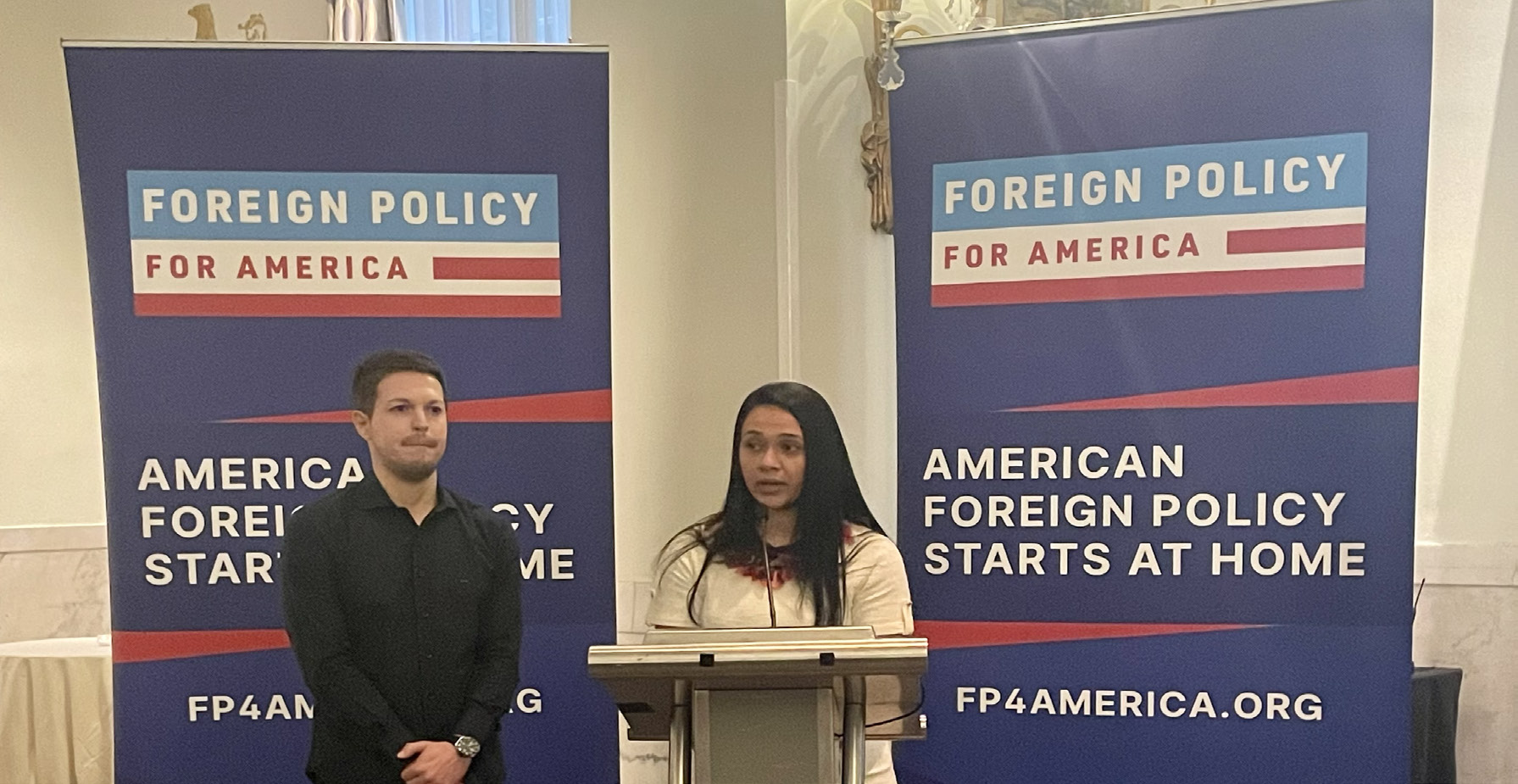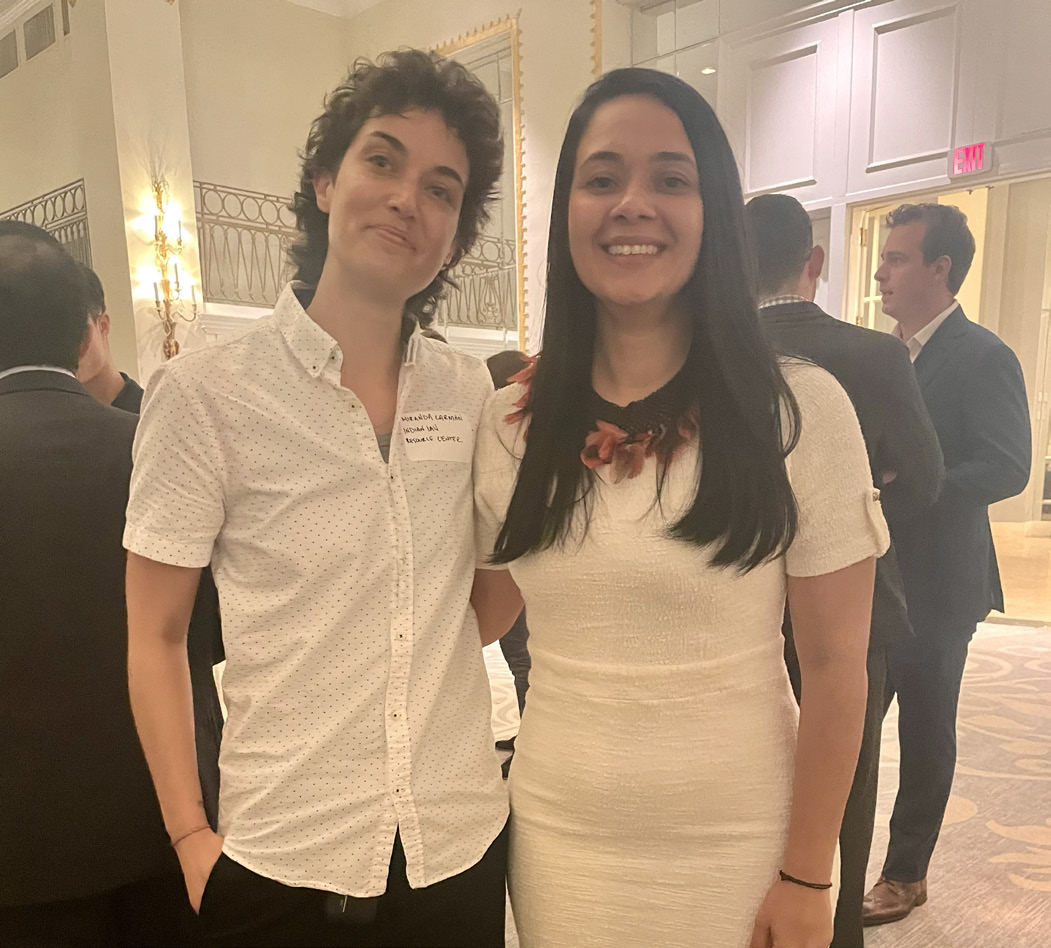New Alternative Report Filed With the UN Committee on the Elimination of Racial Discrimination

On September 6, the Indian Law Resource Center (ILRC), working together with our partners at Alaska Native Women’s Resource Center (AKNWRC), National Indigenous Women’s Resource Center (NIWRC) with its project STTARS Indigenous Safe Housing Center (STTARS), and the Pouhana O Nā Wāhine (PONW), filed an Alternative Report with the UN Committee on the Elimination of Racial Discrimination (Committee).
The Committee is a body of experts that monitors the compliance by member state parties with the International Convention on the Elimination of Racial Discrimination (Convention), a binding treaty adopted by the United Nations in 1965 and ratified by the United States in 1994. The Convention offers protections for Indigenous women and all other persons against racial discrimination in all its forms. Racial discrimination continues to be a major barrier throughout the world to the complete realization of human rights.
As part of its obligations under the Convention, the United States must file periodic reports with the Committee about its implementation of the treaty. When the United States files these reports, non-governmental organizations are also given an opportunity to file their alternative reports, providing further information and context to the Committee.
“In 2022, the United States filed its most recent treaty report,” explained Chris Foley, Senior Attorney at the Indian Law Resource Center. “At that time, this same group of partners filed an alternative report titled “Violence Against Indigenous Women in the United States, including the Crisis of Missing or Murdered Indigenous Women, and Lack of Safe and Adequate Housing for Indigenous Survivors.” After the Committee considered the United States’ report and alternative reports, including ours, it issued Concluding Observations. “We were very gratified to see the Committee understood the gravity of the MMIW crisis that we reported about last year and called for prompt action,” said Foley.
In ¶ 49 of its Concluding Observations, the Committee expressed very serious concerns about indigenous rights, including “[t]he lack of adequate measures and funding to address [the] crisis concerning missing and murdered indigenous peoples.” The Committee continued in ¶ 50,
Drawing the attention of the State party to the United Nations Declaration on the Rights of Indigenous Peoples, and to the recognition by the Human Rights Council [footnote omitted] that the legacies of colonialism have a negative impact on the effective enjoyment of all human rights and that indigenous peoples were victims of colonialism and continue to be victims of its consequences, the Committee recommends that the State party:
(e) Take additional measures and provide adequate funding to implement statutes and policies that address the crisis concerning missing and murdered indigenous peoples
Finally, the Committee requested that the United States provide a one-year follow-up report about steps taken to implement this recommendation. The follow-up reporting requirement opened the door for the ILRC and our partners to file information again, informing the Committee regarding the United States’ response over the last year. “As the United States did not submit a timely follow-report to the Committee as requested,” said Jana Walker, Senior Attorney at the Indian Law Resource Center. “It was all the more important for us to submit this alternative report to inform the Committee about whether the United States took any additional measures in the last year to implement statutes and policies addressing the crisis of missing and murdered indigenous people in the United States.”
While our alternative follow-up report acknowledges some progress by the United States over the last year, it concludes by noting, “while indigenous lives are being lost daily and indigenous peoples continue to go missing, maintaining the status quo is not an option and the United States must take firm actions with a sense of urgency and the necessary resources aimed at stopping this crisis. The historical federal underfunding of tribal justice systems is a violation of the ICERD and the United States’ domestic trust responsibility to American Indian and Alaska Native Tribes.” The full text of the Alternative Report is available at indianlaw.org/safewomen/ international#Treaty.
Judite Guajajara, Legal Adviser to COIAB in Brazil, Was Awarded the Global Anti-Racism Champion Award From the U.S. State Department
For many years now, the ILRC has coordinated Parallel Events at the UN Commission on the Status of Women with NIWRC and various other partner organizations in the United States and other countries to center Indigenous women’s rights within global discussions of women’s human rights. For the past two years, one of our advocacy partners at the Commission has been Judite Guajajara (Guajajara Indigenous people), a Legal Advisor for the Coordination of the Indigenous Organizations of the Brazilian Amazon (COIAB), the largest regional Indigenous organization in Brazil. At our 2023 Parallel Event, for example, Judite discussed
how COIAB defends Indigenous peoples’ rights, noting specifically COIAB’s work to break the silence on topics like gender-based violence. She explained that a principal cause of violence against Brazilian Indigenous women is illegal extraction, including mining, causing a humanitarian crisis in the Yanomami territory and other Indigenous lands. In August, Judite was given one of the first annual Global Anti-Racism Champion Awards by the U.S. State Department in recognition of her work to protect and promote Indigenous rights in Brazil. According to the U.S. State Department, the Global Anti-Racism Champion Awards are given to global civil society leaders “who have courageously advanced the human rights of members of marginalized racial, ethnic, and Indigenous communities and combatted systemic racism, discrimination, and xenophobia worldwide.” Judite was recognized for her international advocacy work exposing Indigenous rights violations against the Guajajara and Awá peoples of the Araribóia Indigenous Land. “This award is incredibly well deserved,” said Jana Walker, Senior Attorney at the Indian Law Resource Center. “Judite is a leading voice for indigenous women’s rights in Brazil and an outstanding lawyer and advocate. Congratulations!”

Upcoming International Events - MARCH 11 - 22, 2024
68TH SESSION OF THE UN COMMISSION ON THE STATUS OF WOMEN (CSW)
The CSW will meet in New York from March 11-22, 2024.
The Priority Theme of this session is “Accelerating the achievement of gender equality and the empowerment of all women and girls by addressing poverty and strengthening institutions and financing with a gender perspective.” The Review Theme is “Social protection systems, access to public services and sustainable infrastructure for gender equality and the empowerment of women and girls.” In 2019, when the Review theme was last addressed, the Commission recommended countries and governments to “promote and protect the rights of indigenous women and girls living in rural and remote areas by addressing the multiple and intersecting forms of discrimination and barriers they face, including violence…” (Paragraph 47(s)).
Further information about the session, including details about registration and additional participation opportunities, will be posted when available at unwomen.org/en/csw/csw68-2024.





